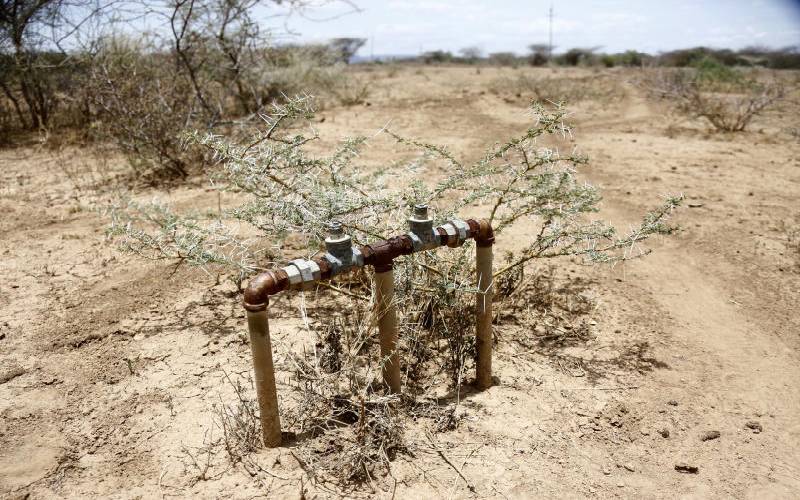×
The Standard e-Paper
Kenya’s Boldest Voice

When a tunnel to the Tot-Kolowa irrigation scheme was blocked, Caroline Cheboi watched in despair as her crops withered by the day until they finally dried up.
“It was a huge loss. I cry every time I think of the breakthrough I would have had if I had harvested the green grams on the one-acre plot. I also had millet on the farm, which dried up,” recalls Cheboi, a resident of Tot, Elgeyo Marakwet County.







